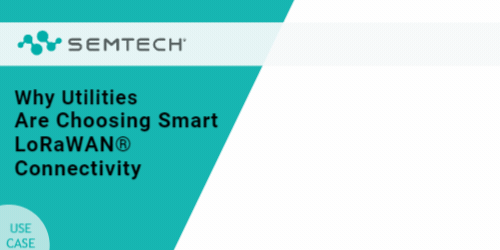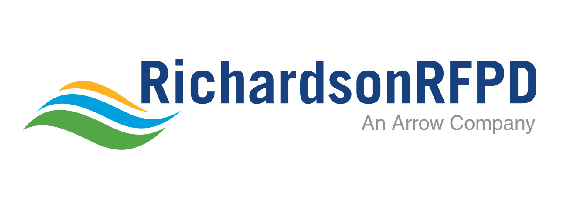
Why Utilities are Choosing Smart LoRaWAN® Connectivity
With the increasing need for governments to control energy consumption and reduce waste, it has become necessary for utilities to become "smart" in many countries. Smart utilities require foundational technologies such as smart devices, connectivity, and data processing capabilities. These technologies can help utilities minimize waste without compromising the customer experience. Ultimately, utility providers may be able to differentiate their offerings based on the performance and services supported by their smart meters.
While smart meters have been widely deployed in markets around the world, many are not effectively connected, limiting their benefits. Connectivity has become the final frontier in enabling truly smart utilities. Smart meters need reliable, robust, and cost-effective connectivity to reach their full potential.
This paper argues that LoRaWAN® technology can be the optimal choice for enabling smart utilities. Traditional options such as hardwired connections, cellular networks, RF Mesh, or satellite connectivity have various drawbacks, such as complex deployment, lack of interoperability, insufficient coverage indoors, and high installation or maintenance costs.

Download Now
Complete the below to receive the use case pdf.

Richardson RFPD
9151 E. Panorama Circle
Centennial, CO. 80112
